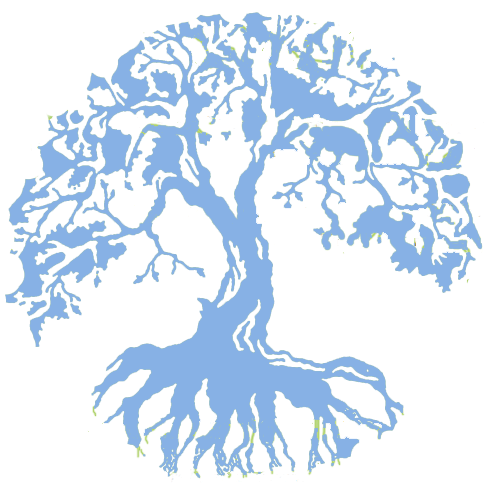by Marcel Allbritton
Whenever someone asks me “Why did you become a Yoga Therapist?” I generally say something along the lines of: During my doctoral program at Syracuse University, I started attending Yoga classes to deal with anxiety. There, I met and began studying with a teacher.
As learned more about Yoga, I was motivated to go to India. In India, I became interested in Yoga Therapy. I spent several month studying in a clinic where they see hundreds of people each month, the majority of which are physician-referred. Shortly thereafter, I transitioned from a career in Academia to pursue a career in Mind-Body Therapy.
If someone presses me to say more, I will add the following: I was astounded by the effectiveness of Yoga Therapy. In the West, we are less familiar with Eastern-based systems of health and healing. But here was Yoga Therapy, a safe and non-invasive modality for both health and healing of the whole-person.
If pressed even further, I would say that I became a Yoga Therapist because I listened to the unfolding of events. The more I practiced, the clearer it become that this was my life’s work. This is how it is with Yoga Therapy; questions you didn’t even know you had are answered. Many of my clients have had a similar experience.
The truth is that becoming a Yoga Therapist has come at the price of tremendous professional and personal tradeoffs. However, every time I see a client, I know I’m where I’m supposed to be. In fact, supporting others in their health has been amazingly healing.
It is also true that every time I develop a routine to help a client to improve their health I know that it’s all been worth it. Specifically, Yoga Therapy reduces symptoms, manages illness, and restores health—It excites me to be part of the movement to build recognition of Yoga Therapy in the West.
Yoga Therapy is recommended by many doctors and has been used for clients suffering from conditions such as chronic pain, stress, repetitive strain injury, anxiety, depression, sleep loss, cancer and neuromuscular disease such as multiple sclerosis and Parkinson’s disease.

